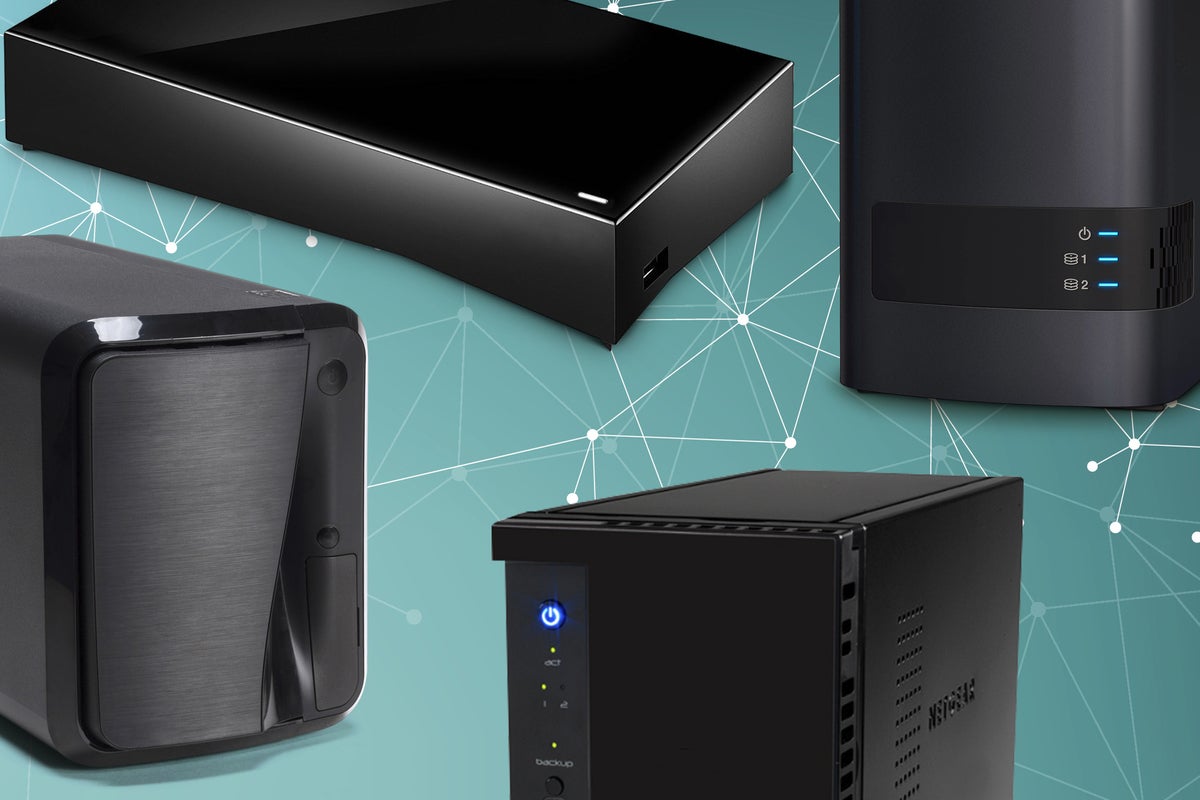
- BEST WIRELESS HARDWARE FOR MAC BACKUP SOFTWARE
- BEST WIRELESS HARDWARE FOR MAC BACKUP PC
- BEST WIRELESS HARDWARE FOR MAC BACKUP PROFESSIONAL
- BEST WIRELESS HARDWARE FOR MAC BACKUP FREE
- BEST WIRELESS HARDWARE FOR MAC BACKUP MAC
Ideally, you'll want redundant backups either off-site or using cloud storage for key data and large files (such as family photos) in case of theft or fire. But if they don't happen to be included, you can easily buy dongles for about $10.Īnd remember: A single backup doesn't cut it. Many of them include cables or adapters to accommodate USB-C and USB-A ports.
BEST WIRELESS HARDWARE FOR MAC BACKUP PC
Unless otherwise indicated, all the PC drives mentioned here are compatible with Windows but can be formatted for a Mac.
BEST WIRELESS HARDWARE FOR MAC BACKUP SOFTWARE
But a lot of times they'll be designated as working with a specific platform out of the box and sometimes come with backup software that's platform-specific.
BEST WIRELESS HARDWARE FOR MAC BACKUP MAC
Most of the options on this list of the best external hard drive models will work across platforms - whether you have a Windows PC, Mac computer, PlayStation 4 or Xbox - so long as the drives are correctly formatted for the right platform. A solid-state drive doesn't have moving parts and the external SSD drive has up to four times faster read and write speed, but it costs a lot more per gigabyte. Prices have dropped significantly in the last few years, with even the high-capacity external hard drive models tipping the scales at 5TB but costing just over $100. One way to manage it all is to find the best external hard drive and SSD for your needs.Ī traditional hard drive or mechanical drive that uses "old" hard drive technology (mechanical platters and a moving read-write head to access data) is adequate for the majority of users, thanks to speedier USB-C and USB 3.0 (as well as 3.1/3.2) interfaces. Game consoles today come with 1-terabyte drives (which is roughly 1,000GB of hard drive storage), but the drives max out easily if you don't regularly delete games off the drive as you acquire more. The reviews are compiled through a mix of expert opinion and real-world testing.Unless you're splurging on a high-end model, most new computers don't come with much internal hard drive storage space - they usually have 256GB or 51GB. On some occasions, we earn revenue if you click the links and buy the products, but we never allow this to bias our coverage. IndyBest product reviews are unbiased, independent advice you can trust. Protect your computer and its contents with the best antivirus software for your device Voucher codesįor the latest discounts on other tech offers, try the links below:
BEST WIRELESS HARDWARE FOR MAC BACKUP PROFESSIONAL
For durability and a professional styling, the Sandisk professional G-Drive SSD is excellent while the Western Digital WD elements SE SSD offers big capacities in a tiny gizmo. The Western Digital my passport SSD combines strong performance with good value and adds colour to a usually sober product category. Of course, you’ll only be able to access your files as quickly as your internet connection allows.
BEST WIRELESS HARDWARE FOR MAC BACKUP FREE
Many platforms offer free space to new users, but paying customers can access terabytes of online storage for less than the price of the cheapest hard drive. If you don’t need instant access to your files you might also consider cloud storage as an alternative. If you work with large files across more than one device, an external SSD can save you time. If you work with important data you can’t afford to lose, having an external backup gives you peace of mind. That depends on what type of computer user you are.

Is it worth buying an external hard drive? When software is installed to an SSD it can launch almost instantly. They’re more expensive than hard drives and offer less storage capacity, but they’re perfect for Operating System installations.

Files and applications can be accessed more quickly, and because they’re not mechanical they’re perfectly silent. Solid-state drives (or SSDs) have no moving parts. This makes hard drives ideal for storing very large amounts of data you don’t regularly need to access, such as backups and media libraries. They’re also slower, as the hard drive has to physically “find” the correct section of the disc before it can access data. As such, they can fail over time or become damaged. They have moving parts, and read and write your data to metallic, spinning platters. Hard drives are cheaper and have larger capacities than SSDs. External hard drive FAQs Hard drive or SSD – which is better?


 0 kommentar(er)
0 kommentar(er)
